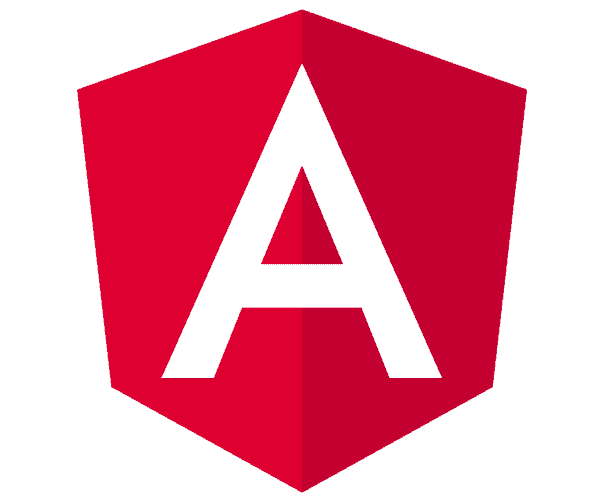What is Angular? Definition, advantages & disadvantages
Client-side programming has been growing in complexity and individualization for years. Accordingly, the requirements for web applications are higher than ever. It can even be argued that web applications have already overtaken desktop applications in terms of complexity. For this reason, suitable frameworks are needed that enable such individual design. Consequently, one of the pioneers in the field of web development, Google, developed a suitable framework that can take on the challenges of software development. Today, Angular (to the official website) is used to develop an entire platform for web applications.
To understand Angular, it makes sense to take a closer look at its predecessor AngularJS. Although the Google project is more than just a further development of AngularJS, many elements are still based on its predecessor. Currently, there is only the Angular project, which adds new features and breaking changes every 6 months, resulting in a version jump.
Table of contents
What is AngularJS?
AngularJS, the predecessor version of Angular, is a JavaScript framework for web and software development. It was intended for the development of single-page apps and has been used millions of times for web application development. Google developed the first framework that was suitable for large enterprise applications. This was made possible by the focus on architecture, testing and isolated components in the JavaScript area. Great emphasis was placed on functioning structures and quality.
AngularJS enables efficient and maintainable software development based on JavaScript because it uses methods such as dependency injection and sophisticated tooling. It has been an open source project since 2009 and is designed for good testability. It offers an MVC/MVVM framework that supports bidirectional data binding.
It was developed for the development of single-page apps and is in productive use by Google. It is particularly designed for good testability.

Angular
Angular is the next and new version of the open source framework AngularJS. At the beginning of this version, it was still called Angular 2, but the name was changed due to the confusion that it is not just a further development, but a new type of framework in its own right.
The TypeScript language serves as the new code basis. Otherwise, many concepts of AngularJS have been adopted. The fact that the basic idea and concept remain largely the same means that migration or even hybrid use of the versions is possible. With the development of TypeScript, Angular is geared towards component-based architecture.
It helps with many problems that arise:
- Creating components
- Data binding to the UI/HTML
- Transformation of data against the UI with pipes
- Outsourcing "work" to services
- Communication with an API
- More...
With Angular, the view is developed separately as HTML. This flexibility allows different teams to work on logic, architecture and design. Another important factor for modern working with Angular is the integration of third-party libraries. With this version, the integration of third-party libraries is simple and easy to implement.

Pros and cons of Angular
| Advantages | Disadvantages |
|---|---|
| Structure: The different parts of Angular (components, directives, services, etc.) promote standardised use. The structures are similar to the software architecture and developers can follow them instead of having to redesign them again and again. | Longer development time: Compared to other frameworks, Angular requires more code. This is particularly evident with smaller apps. |
| Clean code: The use of TypeScript enables the use of data types. This standardisation reduces errors, makes the structure more obvious and is easier to maintain. | Complexity: Many developers find it difficult to get started due to a few peculiarities. However, once these have been overcome, Angular offers a good learning curve. |
| Reusability & Modularity: Components and other parts can be divided into modules. | Less support: Because Angular's development and project team is much smaller than that of its competitors, some support is rather limited. |
| Easy maintenance possible. | |
| Operating test: Tests can be written for individual components as well as entire applications. | |
| Performance: Angular can keep up with React and Vue.js in terms of speed and reliability. | |
| Future security: As Google is behind the project, development will continue uninterrupted. |
In summary, it can be said about Angular that using the Google framework for one or more projects is advantageous. For small applications, it may be that other providers are more suitable.
Angular at a glance
- Creating componentsJavaScript framework for the development of dynamic web applications
- Development of single-page apps possible
- Developed by Google and included in its product range
- An open source project since 2009
- An MVC/MVVM framework that supports bidirectional data binding
- Good testability is possible
- Opinionated

Do you have more questions about Angular?
You can reach us from Monday to Friday between 9:00 am and 5:30 pm. We look forward to hear from you!
info@platri.de
Phone
0234 497 014 47
Do you have any further questions about our article, this topic or app development costs at Platri IT? Then please get in touch with us. If you are interested in a job at Platri IT, we look forward to your visit to our career portal. We look forward to hearing from you!

